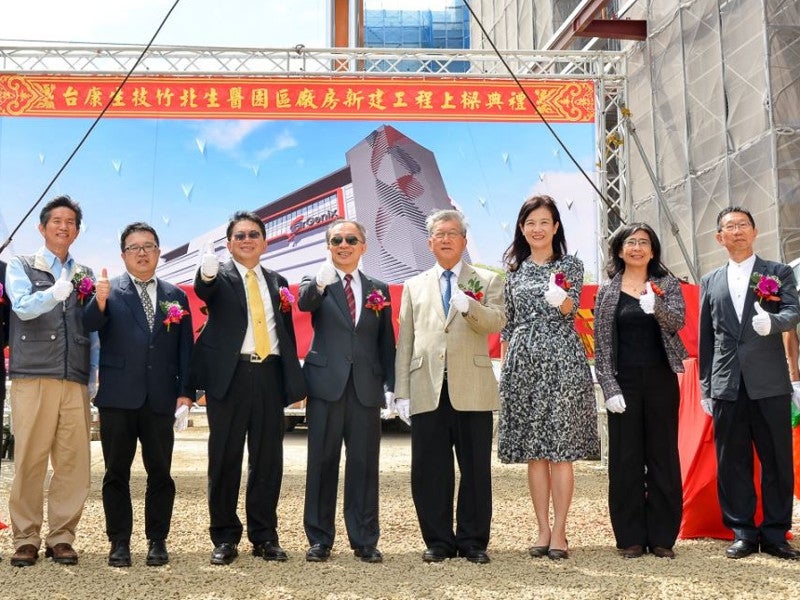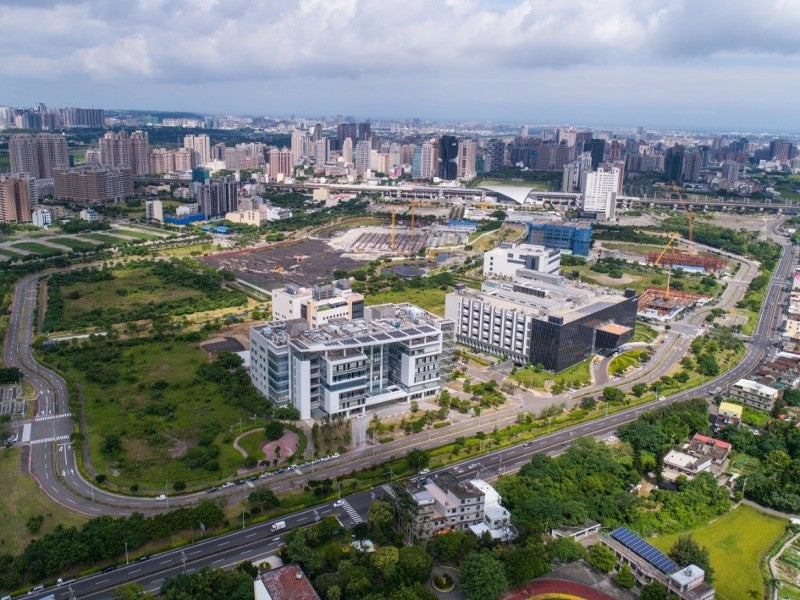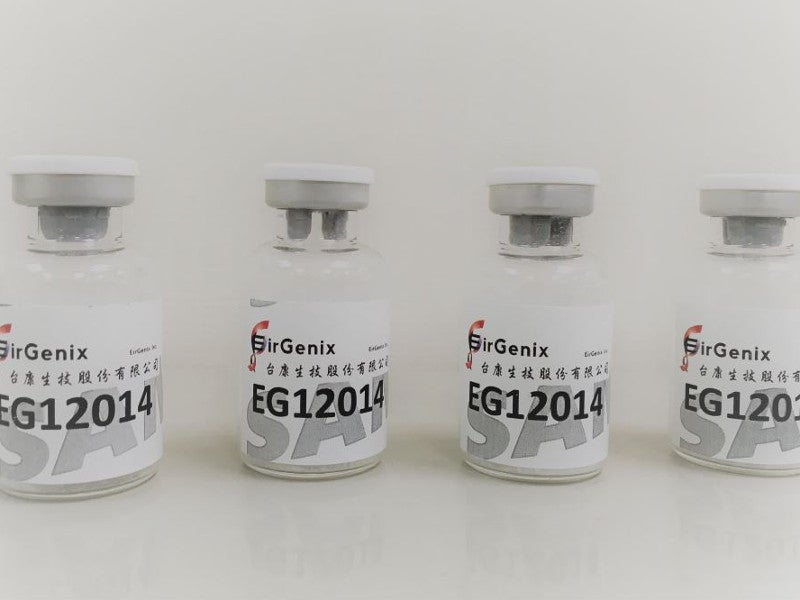Eirgenix, a Taiwanese contract development and manufacturing organisation (CDMO), opened a protein drug production plant in Zhubei, Taiwan, in January 2019.
The plant facilitates late-stage development and commercial production of biologics and boosts the CDMO business of Eirgenix. The company secured a syndicated loan of NTD850m ($28m) for construction of the facility.
The construction began in December 2016, with the beam-raising ceremony held in October 2017. The first stage of plant development was completed in late-2018, while inauguration took place in January 2019.
Eirgenix’s protein drug production plant location
Eirgenix’s protein drug production plant is in Hsinchu Biomedical Science Park in Zhubei. Spanning over 38.1ha, the park is situated within specific development zone blocks around the Hsinchu High-Speed Railway station.
The park is a part of the infrastructure envisioned under the Industrial Innovation Corridor by the Taiwanese Government, aimed at promoting knowledge, innovation and incubation to enhance the national biomedical sciences industry.
Eirgenix’s protein drug production plant development details
The protein drug production plant is being developed in three stages and comprises a mammalian cell culture facility and a microbial fermentation facility.
The mammalian cell culture facility includes two production lines, which utilise the advanced 2,000L- single-use bioreactor for upstream processing. Each production line of the mammalian facility accommodates up to six 2,000L-scale single-use bioreactors.
In the first stage, four 2,000L-scale single-use bioreactors were installed in the first production line. The mammalian cell culture facility also includes downstream process development (DSP) suites, warehouse, quality control laboratory and other offices.
Traditional and single-use technologies are used for downstream processing to improve efficiency and flexibility, improving the processing scale of the plant from 2kg to 16kg for every production batch. The maximum production capacity of the plant will be more than 1,000kg a year.
The second stage of the plant will include the development of a microbial facility between 2019 and 2021. The facility will feature a 1,000L-scale single-use bioreactor, DSP suites and other offices.
In the third stage, the first production line of the mammalian facility will be expanded by the installation of two 2,000L bioreactors, while the second production line will be deployed with an additional 2000L bioreactor, as well as DSP suites. The third phase is expected to be completed by 2024.
Product details
The plant produces Eirgenix’s breast cancer drug EG12014, a biosimilar to trastuzumab. The drug has received the US Food and Drug Administration (FDA) approval for late-stage clinical development.
Phase one clinical trials for the drug are complete. Eirgenix is preparing to carry out phase three clinical trial in several countries, including the US, Georgia, Belarus, South Korea, India, Chile and Ukraine. The clinical trial is expected to be completed by 2020.
Marketing commentary on Eirgenix
Founded in 2012, Eirgenix operates two business units, including a CDMO unit and a product development and operations unit. The company provides developmental, analytical testing and cGMP biopharmaceutical manufacturing facilities to its clients from pre-clinical through commercial scale.
The company operates a state-of-the-art mammalian cell current good manufacturing practice (cGMP)-compliant production plant in Xizhi, Taiwan. The 10,000ft² plant is utilised for the early-stage development and small scale production of various products.
It features two bioreactor trains equipped with a 100 / 500L stainless-steel bioreactor and a 50 /200 / 1,000L-scale single-use bioreactor each.





